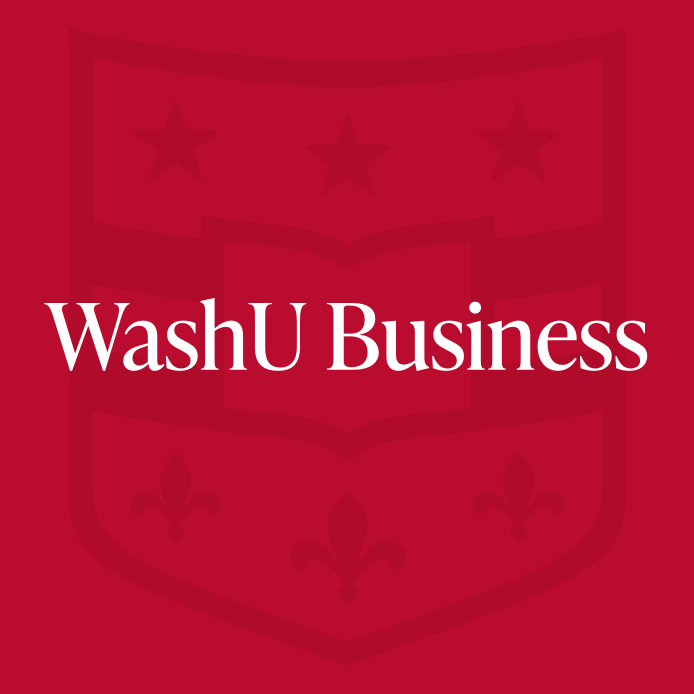Olin’s Dunkin: Starbucks issue is bigger than PR
- May 29, 2018
- By WashU Olin Business School
- 2 minute read

In response to the arrest of two black men in a Philadelphia Starbucks last month, the coffee giant planned to close its 8,000 company-owned stores today, May 29, to conduct racial bias training for nearly 175,000 store employees.
Discussion of the arrests and subsequent reaction has percolated broadly throughout social and traditional media, with much of the discussion centering on the public relations and reputational impact of the incident.
However, Starbucks’ leadership’s response to date demonstrates a broader consideration of the full range of management functions and stakeholders critical to the company’s success, according to Catherine Dunkin, lecturer in management at Olin Business School at Washington University in St. Louis.
“This situation creates questions for top leadership in areas ranging from operations, to human resources and corporate culture, to shareholder impact,” said Dunkin, who held positions with Fortune 500 companies and global agencies in St. Louis, Chicago and Dallas. “Moving past the obvious public relations implications, Starbucks’ actions and messages seem to indicate the full leadership team is involved in developing solutions as the situation unfolds.”
Any company that employs 254,000 people — as Starbucks does — can experience untoward events every day of the week. “With the recent situation, Starbucks will experience intense scrutiny on all fronts for some time,” Dunkin said.
From an operational standpoint, “Management has considered and analyzed the issue, created strategies, and developed new policies,” she said. “Then, they have communicated — in quite a bit of detail — how they plan to change the way they do business to minimize future negative situations not aligned with company values and procedures.”
From a human resources perspective, Starbucks has a reputation as a fun, special place to work that creates a unique community for its employees and customers. “Starbucks wants to be a great place to work,” Dunkin said. “If negative situations happen, will they be able to continue to attract and maintain talented people who are drawn to a strong positive culture?”
Corporate leadership also has stepped up in other ways. “The company has worked in the past and wants to maintain a positive relationship with its communities — to be good corporate citizens at each location,” Dunkin said. To provide “community gathering places,” leaders released a statement on May 19, stating: “Any customer is welcome to use Starbucks spaces, including our restrooms, cafes and patios, regardless of whether they make a purchase.”
At the same time, as a public company, Starbucks must answer to shareholders. Presumably, in addition to revising its operations and committing to closing all company-owned stores for training — with the attendant loss of revenues — top leadership chose to close the 8,000 stores for training in the afternoon, not during the peak morning caffeine rush.
This article originally ran in The Source by Washington University’s public affairs department.
Media inquiries
For assistance with media inquiries and to find faculty experts, please contact Washington University Marketing & Communications.
Monday–Friday, 8:30 to 5 p.m.
Sara Savat
Senior News Director, Business and Social Sciences
